
Latest China Brief Articles
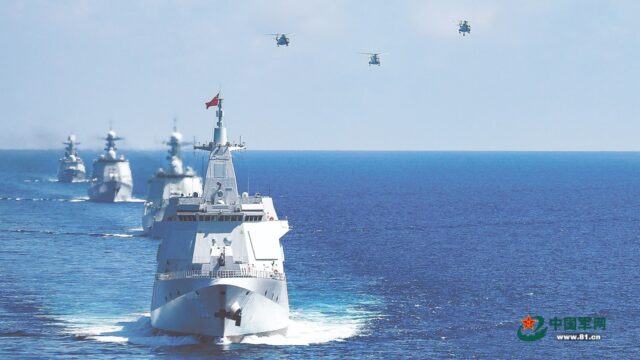
Instead of Joint Sword-2024C, PLA Intensifies Winter Naval Training
Executive Summary: People’s Liberation Army (PLA) naval training drills near Taiwan and surrounding the First Island Chain on December 9–11 did not constitute a full-scale joint exercise but sent a signal to the incoming US administration. Beijing’s power projection demonstration, involving 60 vessels, signals to... MORE
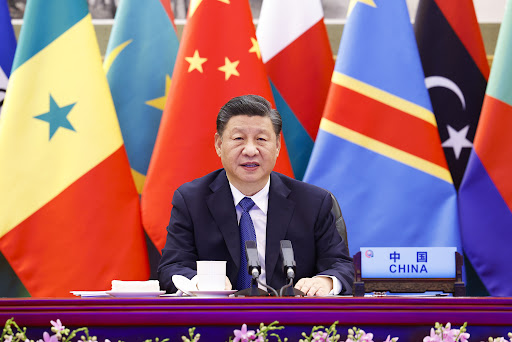
State Goals, Private Tools: Digital Sovereignty and Surveillance Along the Belt and Road
Executive Summary: Beijing promotes digital sovereignty in its engagements with other countries but with the caveat that it can maintain access to partner countries’ digital systems. Leaked documents from cyber contracting firm iS00N indicate a focus on One Belt One Road partner countries, targeting critical... MORE
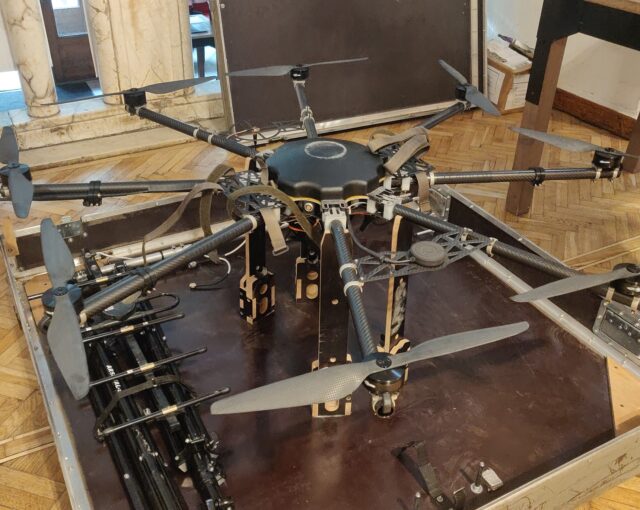
PRC Gray Zone Activities Against Taiwan: Civilian Drone Incursions
Executive Summary: Civilian drones launched from the People’s Republic of China (PRC) have repeatedly violated the Republic of China's (ROC) airspace over the outlying islands of Kinmen and Matsu, which serves as part of a gray zone campaign to discredit the self-governing democracy's ability and... MORE
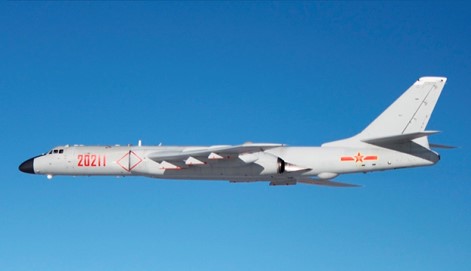
PLA Steps up Security Cooperation With Russia in 2024
Executive Summary: This year’s second joint aerial patrol between the People’s Republic of China (PRC) and Russia marked the debut of the nuclear-capable H-6N bomber, demonstrating Beijing’s intent to project nuclear deterrence and challenge Western strategic dominance. The two countries have expanded security cooperation this... MORE
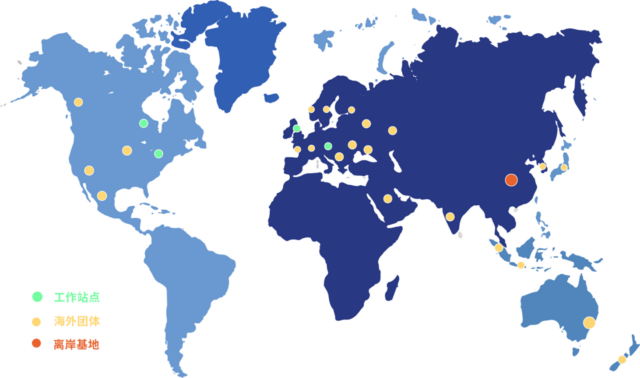
Innovation Without Borders: The PRC’s Use of Offshore Bases
Executive Summary: The People’s Republic of China (PRC) has set up a number of offshore innovation bases to acquire technologies in support of its ambitions for technological dominance and national rejuvenation. “Offshore innovation bases” in the PRC, mostly located in special high-tech development zones, collaborate... MORE
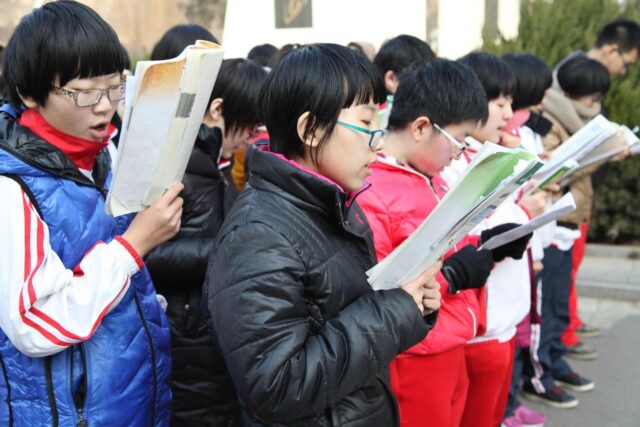
From Ambition to Anxiety: The Unraveling of Xi Jinping’s Vocational Education Policy
Executive Summary: Xi Jinping’s vocational education reforms, designed to address a skills gap, have been distorted at the local level, with uneven implementation and coercive measures intensifying stress on students. The centralized power structure of the People’s Republic of China (PRC) incentivizes local officials to... MORE

Generally Unacceptable Accounting Principles: Lessons From PwC and AstraZeneca’s Contrasting Fates
Executive Summary: The contrasting fates of foreign companies in two recent fraud cases suggest that the People’s Republic of China (PRC) treats firms differently depending on their political utility. AstraZeneca has been guilty of widespread medical insurance fraud but has probably been treated leniently by... MORE
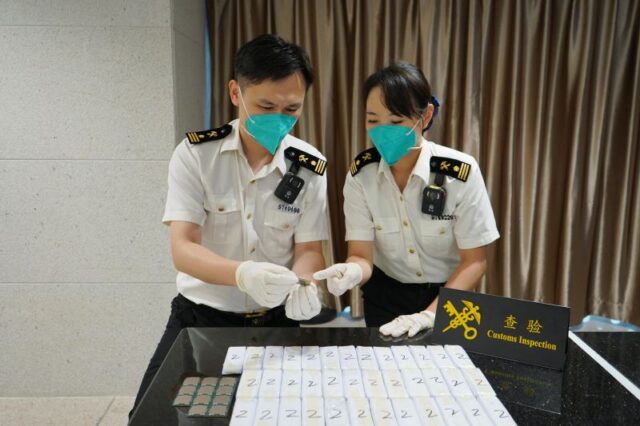
The Shapeshifting Evolution of Chinese Technology Acquisition
Executive Summary: Smuggling, a critical tool of the Chinese Communist Party (CCP) to acquire technology to enhance its defense industrial base, is reemerging in the wake of the US Government’s technology controls. Diversion—falsifying the end-user—is another common tactic that the Party has successfully used to... MORE
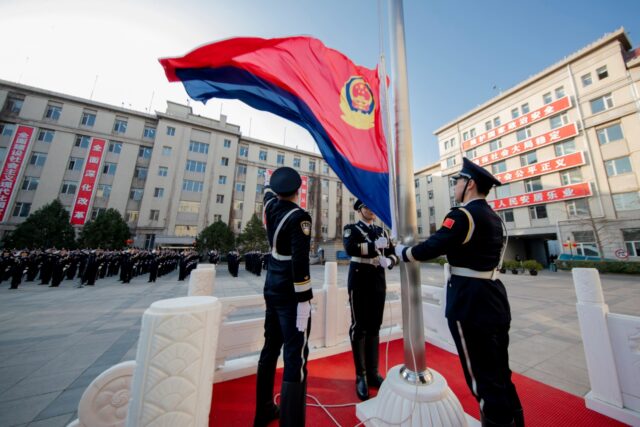
Winter is Coming: Beijing Tightens Public Security
Executive Summary: A new campaign, “Operation Winter,” has been announced to mobilize public security officials in the wake of deadly attacks across the People’s Republic of China. The operation seeks to mobilize extra human resources and integrated technology to enhance the party-state’s apparatus of “preventive... MORE
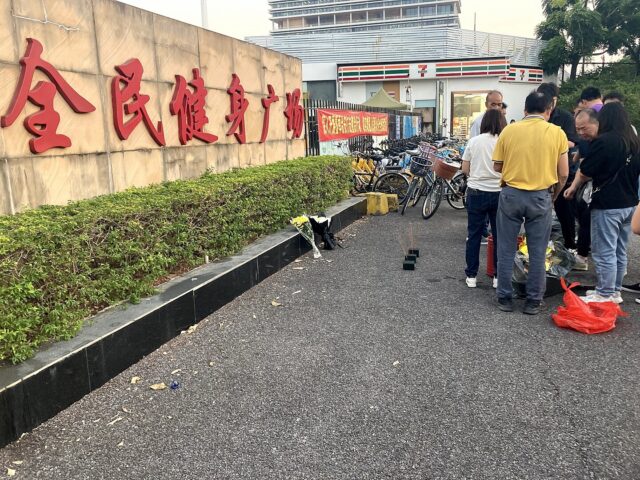
Xi Jinping Challenged Following Spate of Violent Attacks
Executive Summary: Xi Jinping faces mounting challenges to his legitimacy from multiple directions, with economic troubles, mass killings, and corruption in the military eroding his grip on power. A spate of unrelated violent incidents and rising social protests across the People’s Republic of China (PRC)... MORE